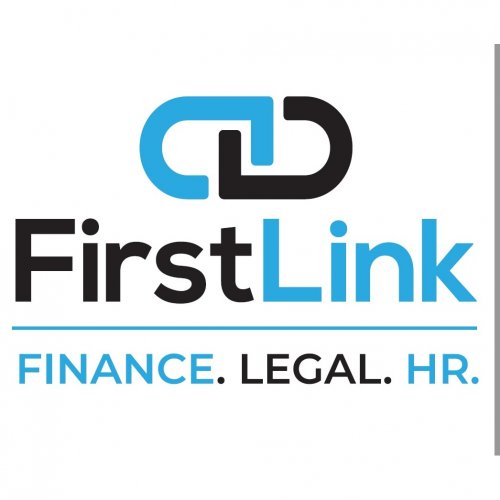Best Bankruptcy & Debt Lawyers in Port of Spain
Share your needs with us, get contacted by law firms.
Free. Takes 2 min.
List of the best lawyers in Port of Spain, Trinidad and Tobago
About Bankruptcy & Debt Law in Port of Spain, Trinidad and Tobago
The Bankruptcy and Debt law in Port of Spain, as well as in Trinidad and Tobago at large, is governed by the Bankruptcy and Insolvency Act, 2007. This law provides detailed specifications about how individuals, businesses who cannot meet their financial obligations can declare bankruptcy and potentially dissolve their debt. The procedure mainly aims to protect the creditors by ensuring fair distribution of the debtor's property. Still, it also provides a viable way for debtors to start fresh, albeit under strict, often limiting conditions.
Why You May Need a Lawyer
The process of declaring bankruptcy is a complex one that involves a lot of legal and financial nuances. If you find yourself unable to manage your debt, a lawyer specializing in bankruptcy and debt law can help guide you through the repayment or bankruptcy process. Situations that often demand for a lawyer include: wrongful foreclosures, creditor harassment, wage garnishment, and credit/loan troubles. They can provide advisable strategies and prevent you from making decisions that could lead to long-term financial detriment.
Local Laws Overview
Under the Trinidad and Tobago Bankruptcy and Insolvency Act, an individual can file a proposal or a bankruptcy. A proposal allows you to pay creditors a percentage of what you owe them, or extend the time you have to pay off the debts. If the proposal is not accepted, you may go bankrupt. When declared bankrupt, the control of your assets is handed over to a Trustee in Bankruptcy who then liquidates them to pay off your creditors. These procedures, along with exemption clauses and duties of the bankrupt, are distinctly outlined in the law.
Frequently Asked Questions
What assets can I keep if I file for bankruptcy?
Trinidad and Tobago law allows bankrupt persons to keep certain exempt assets, including necessary and ordinary clothing, necessary household furniture, and items required for trade among others. The exact list is outlined in the Bankruptcy and Insolvency Act.
How long does bankruptcy last?
In general, the first bankruptcy lasts for a period of 9 to 21 months, depending upon whether you have surplus income.
Will bankruptcy erase all my debts?
No, certain types of debts such as alimony, child support, and student loans cannot be erased through bankruptcy.
Can I file for bankruptcy more than once?
Yes, you can file for bankruptcy more than once, although the implications may be more severe with each subsequent filing.
Can businesses file for bankruptcy?
Yes, businesses can file for bankruptcy under corporate insolvency in Trinidad and Tobago.
Additional Resources
You may find more information and assistance through the following:
- Ministry of Legal Affairs, Trinidad and Tobago
- The Bankruptcy and Insolvency Act, 2007
- Legal Aid and Advisory Authority
Next Steps
If you find yourself in a situation requiring help with debts or bankruptcy, the first step is to seek qualified legal advice. Legal Aid and Advisory Authority provides individuals with a lawyer in some situations. Consulting with a lawyer will give you a better understanding of your options and the implications of any decisions you make. Following the consultation, you can prepare all necessary documentation and proceed according to advised strategy.
Lawzana helps you find the best lawyers and law firms in Port of Spain through a curated and pre-screened list of qualified legal professionals. Our platform offers rankings and detailed profiles of attorneys and law firms, allowing you to compare based on practice areas, including Bankruptcy & Debt, experience, and client feedback.
Each profile includes a description of the firm's areas of practice, client reviews, team members and partners, year of establishment, spoken languages, office locations, contact information, social media presence, and any published articles or resources. Most firms on our platform speak English and are experienced in both local and international legal matters.
Get a quote from top-rated law firms in Port of Spain, Trinidad and Tobago — quickly, securely, and without unnecessary hassle.
Disclaimer:
The information provided on this page is for general informational purposes only and does not constitute legal advice. While we strive to ensure the accuracy and relevance of the content, legal information may change over time, and interpretations of the law can vary. You should always consult with a qualified legal professional for advice specific to your situation.
We disclaim all liability for actions taken or not taken based on the content of this page. If you believe any information is incorrect or outdated, please contact us, and we will review and update it where appropriate.
Browse bankruptcy & debt law firms by service in Port of Spain, Trinidad and Tobago
Port of Spain, Trinidad and Tobago Attorneys in related practice areas.









